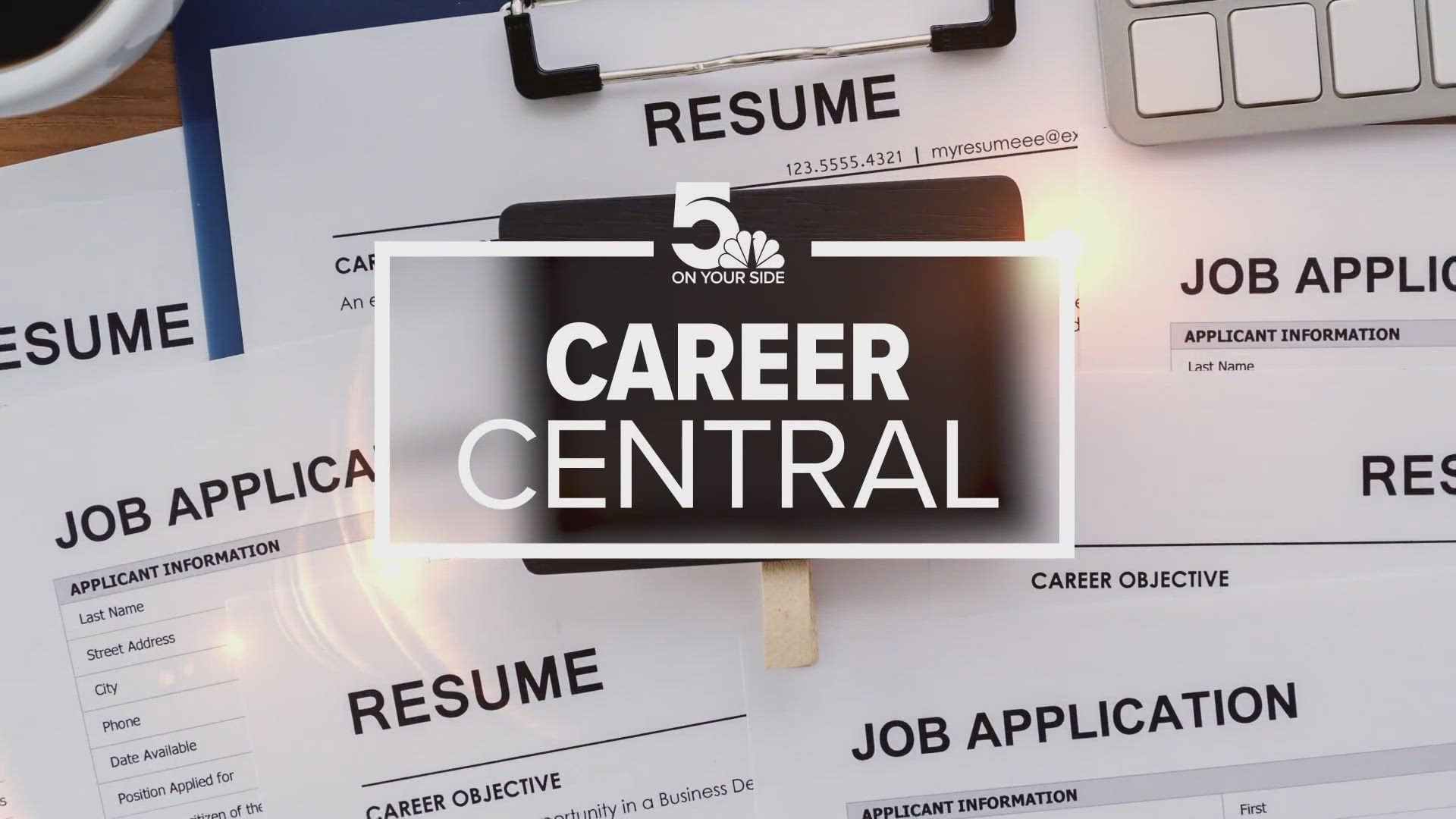Save for maybe the die hard financial romantics, it's a rare wedding where "credit scores" share billing with sickness and health. But it might be time to update those well-worn marriage vows.
From that moment forward,your spouse's credit profilewill play a big role in your collective financial future. That's especially true when the time comes to purchase a home.
Your spouse's credit can make or break your mortgage. A score imbalance – hers is high and his is low – can mean getting saddled with a higher interest rate, or not qualifying at all. There are even cases where leaving a spouse off the loan application can't overcome bad credit.
Let's take a closer look.
Credit scores and qualifying
Married couples still have individual credit scores. You don't trade yours in for a joint FICO scoreupon tying the knot. But your credit histories definitely become knotted together.
Mortgage lenders look for stable, reliable income that's likely to continue. In order to count your joint income toward qualifying, each spouse will need to be legally and financially obliged on the loan. Lenders will look at both of your credit scores and histories.
The first hurdle is clearing the lender's credit score requirement. Those will vary by lender and loan type, but it's typically anywhere from a 580 for FHA financing to a 720 or higher for conventional.
If you want to count your spouse's income, you'll each need to meet the credit score benchmark. Even if you're sitting on an 800 FICO score, you can't somehow compensate for your spouse's 550.
Couples whose scores qualify can still run into issues. Higher credit scores often lead to better interest rates. But if one spouse has great credit and the other's barely qualifies, your joint application isn't going to garner great rates.
There are also credit-related issues beyond scores that can affect your home loan chances.
Bankruptcy and foreclosure
Unfortunately, simply clearing a lender's credit score requirement doesn't mean you're, well, in the clear.
Lenders and loan programs will often have "seasoning periods" following negative financial events like a bankruptcy, a foreclosure or a short sale. This is basically a set number of months or years a consumer needs to wait before being eligible to obtain a home loan. The specifics will vary based on a host of factors.
VA loans tend to be the most lenient. For example, a veteran can be eligible for a VA loan just two years removed from a foreclosure or a bankruptcy, and some lenders have no seasoning period following a short sale. But other types of loans can require significantly longer waits, up to seven years in some cases.
A spouse with a bankruptcy or foreclosure in their past could impact your chances of qualifying. They'll typically need to be beyond any seasoning period in order to move forward with the loan.
Community property states
Prospective buyers who can qualify based on their income alone can opt to leave their credit-challenged spouse off the loan application. But even then you might not be out of the woods.
If you're purchasing in one of the country's nine community property states, lenders can consider your spouse's credit profile and debts even if they're not on the loan. Those states are: Arizona, California, Idaho, Louisiana, Nevada, New Mexico, Texas, Washington and Wisconsin.
Not all lenders will worry about the non-purchasing spouse's actual credit score, but those bigger events like foreclosure and bankruptcy can absolutely lead to a denial, even when the spouse isn't on the loan.
There are exceptions and differing policies depending on the lender, the type of loan and other factors. You may not find the answer you're hoping to hear, but it's definitely worth shopping around if you're facing a tough situation.
If you're thinking of buying a house anytime in the foreseeable future, but haven't yet checked your credit, now is a great time to start. You can pull your credit reports for freethrough AnnualCreditReport.com to check for errors in need of correction, or other issues that you can get to work on (like paying down your credit card debt) that can help build your credit. You can also see your credit scores for free on Credit.com, updated monthly, along with a breakdown of what factors are affecting your scores. From there, you can take some time to build credit and have a stronger credit standing by the time you apply for a mortgage.
Credit.comis a USA TODAY content partner offering financial news and commentary. Its content is produced independently of USA TODAY.


